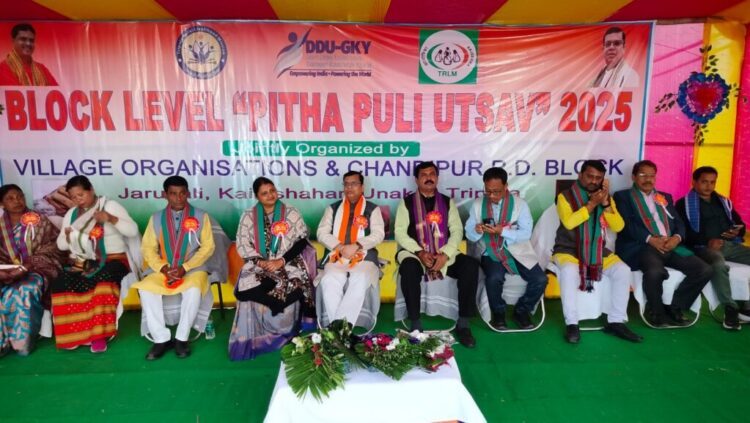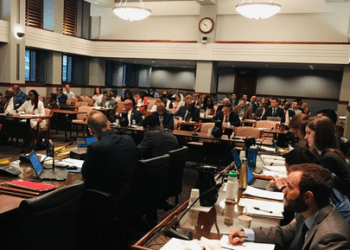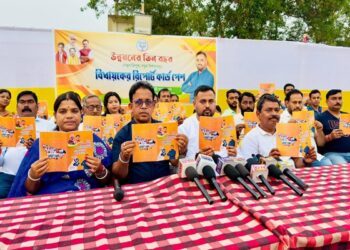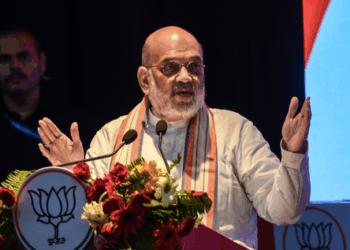Agartala: Jan 16: The Block-based Pithe Puli Festival 2025 was formally inaugurated on Thursday evening at Jarultali village, marking a first for the Chandipur block. The event was launched by Tripura’s Minister Tinku Roy, and was organized jointly by the Chandipur RD Block and Village Organization. The three-day festival showcases the rich cultural and culinary traditions of the region.
The inauguration ceremony was attended by several distinguished guests, including Unakoti District Council Chairperson Amolendu Das, Chairperson of Chandipur Panchayat Samiti Sompa Das Pal, Vice Chairperson Binay Singh, renowned social worker Pintu Ghosh, Chandipur BDO Prosenjit Malakar, and other prominent individuals.
Self-help groups under the Chandipur block actively participated in the festival, setting up stalls to showcase their homemade products, particularly various types of pithe-puli, a traditional sweet delicacy. To further enliven the festival, a replica of the “Buri’s Ghar” (Grandmother’s House) was created as a symbol of rural heritage.
During the opening ceremony, Minister Tinku Roy distributed mini power tillers, sprayers, and other agricultural tools to local farmers. National-level kho-kho players and their coaches were also honored for their achievements. Additionally, members of self-help groups received loan approval letters and cheques.
Following the inauguration, the minister and other dignitaries visited the self-help group stalls and tasted the various pithe-puli. In his speech, Minister Roy emphasized the importance of such festivals in preserving the region’s culture and traditions. He also highlighted the financial success of self-help group members, noting that 91,000 members in the state have become millionaires, earning over one lakh annually.
The three-day festival features rural games during the day and cultural performances in the evening. It serves not only as a celebration of the region’s culture but also as a reflection of the economic achievements and traditions of rural Tripura. The organizers are hopeful that such initiatives will grow even larger in the future.


















